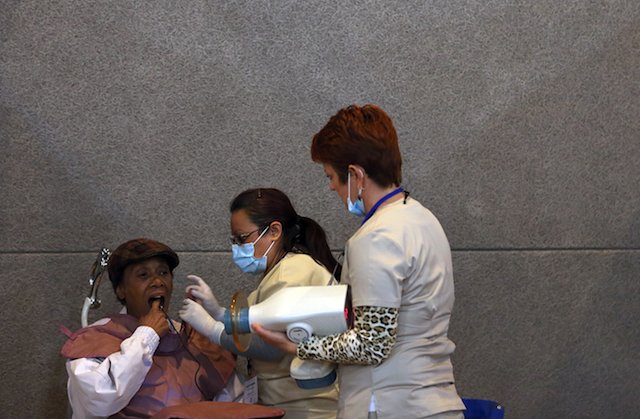In Californa, one in six people has confronted severe trauma as a child, according to a new study (PDF) released this week by Bay Area-based health research and advocacy groups Center for Youth Wellness and the Public Health Institute. What’s more, those experiences, classified as Adverse Childhood Experiences (ACEs), can negatively impact the health of the adults children become.
The Center for Youth Wellness gathered four years of data on 27,745 Californians and found that 61.7 percent of people in the state had experienced one ACE, while 16 percent had experienced four more more. ACEs fall into three broad categories: abuse, neglect and "household dysfunction," which encompasses the incarceration of a family member, mental illness, divorce and substance abuse.
The more ACEs an adult has confronted, the higher their likelihood for serious illnesses like diabetes, stroke and cancer. Those who’ve experienced four or more ACEs, for example, are 2.2 times more likely to experience coronary artery disease.
In California the most common ACEs adults report experiencing are emotional and verbal abuse, followed by parental divorce or separation, and substance abuse by a family member. Asian-Americans are less likely to report having experienced ACEs, but by and large, childhood trauma is distributed roughly equally across people of all races. For instance, 16.4 percent of whites, 16.5 percent of blacks, 17.3 percent of Latinos and 11.1 percent of Asians report experiencing four or more ACEs. However, the percentage of those who experience high concentrations of ACEs is higher among those who are poorer and have less education.
Public health researchers in this emerging field have found that the accummulation of these negative life events and struggles constitutes toxic stress which can seriously impact children who are in the midst of important brain and cognitive growth, affecting their physical and mental health years down the line.
"It’s a public health crisis," the Center for Youth Wellness’s co-founder Dr. Nadine Burke Harris told KPCC. "This is not just a small percentage of the population – that it’s happening in limited neighborhoods – but this is really all of us, and that’s going to require system change."
h/t KPCC
